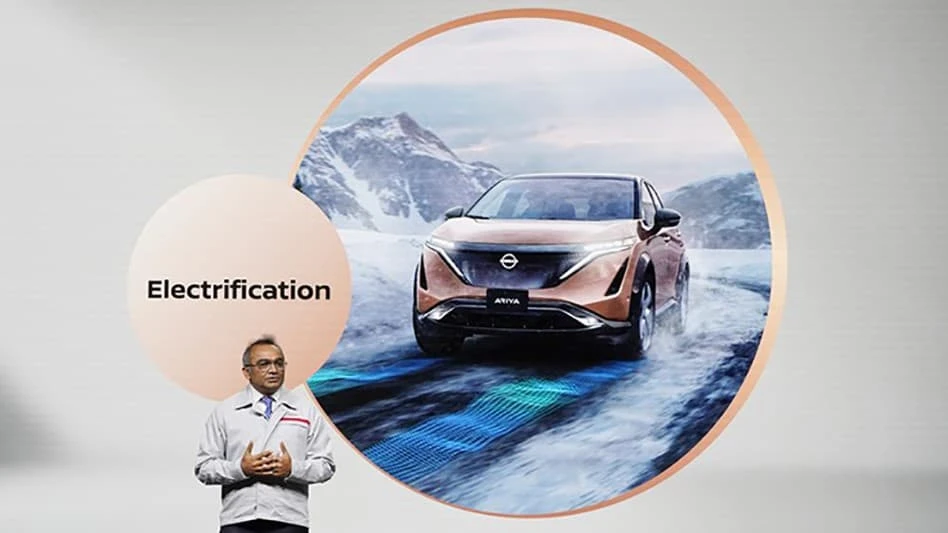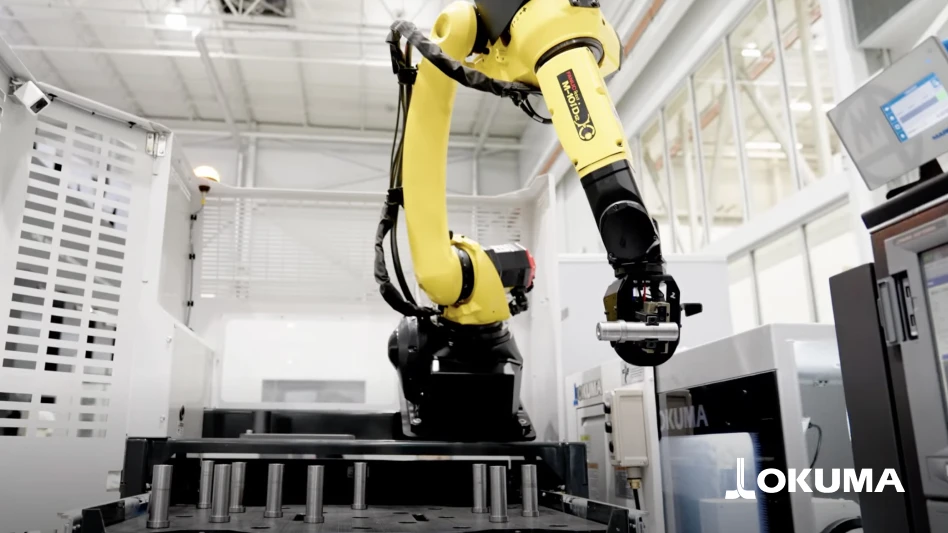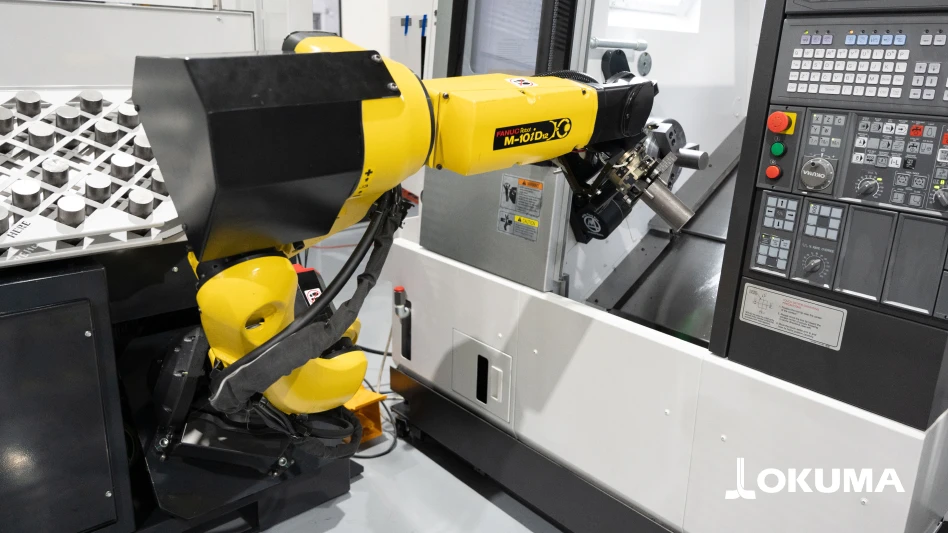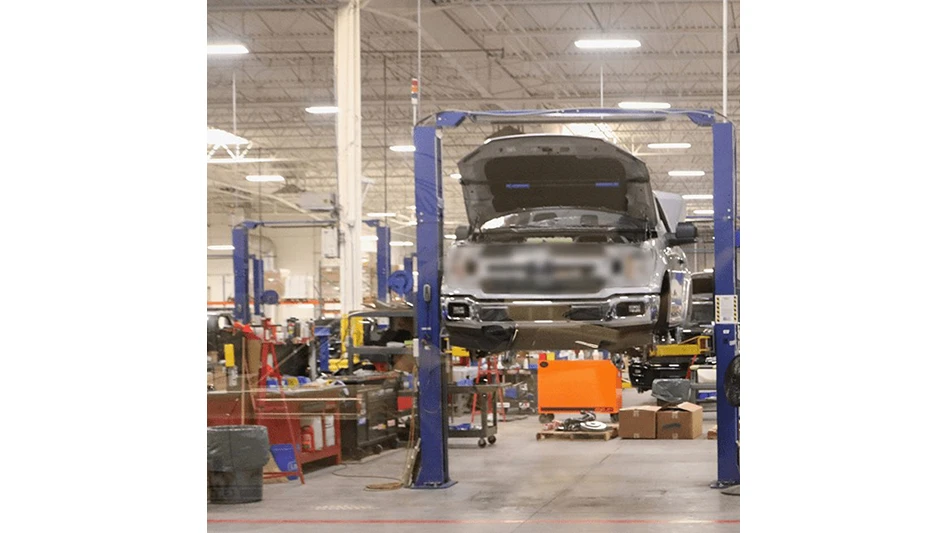
AP Photo/Rogelio V. Solis
Nissan Motor Co. will manufacture two new models of all-electric vehicles in Mississippi.
The company will invest $500 million in its Canton Vehicle Assembly Plant and will improve the skills of nearly 2,000 employees there.
Production of the new Nissan and Infiniti EV vehicles is scheduled to begin in 2025.
“This is the first of several new investments that will drive the EV revolution in the United States,” says Ashwani Gupta, chief operating officer, Nissan Motor Corp. “Nissan is making a strong investment in Canton’s future, bringing the latest technology, training and process to create a truly best-in-class EV manufacturing team.”
The Canton plant employs about 5,000 people. Workers have assembled nearly 5 million vehicles since the plant opened in 2003. The Altima, Frontier, TITAN, and TITAN XD models are made there.
The state of Mississippi will assist in building improvements, equipment installation and workforce training for Nissan’s electric vehicle project.
Electric vehicles currently make up only a small percentage of the U.S. market, but major automakers believe electric vehicles will dominate their industry in the years ahead as costs fall, battery technology improves, and more charging stations are created.
Latest from EV Design & Manufacturing
- Octillion Power Systems announces Nevada-based battery systems manufacturing facility
- Magnachip expands MOSFET/IGBT product line to 13
- Pushing the boundaries of electric vehicle cable testing
- CMMC requirements and your business
- Safer cells yield lighter battery packs
- Find out what 2025 holds for design and manufacturing
- Nuvve selects Tellus as hardware supplier for electric vehicle charging portfolio
- Thermwood to demonstrate large-scale additive manufacturing technology at JEC World 2025





